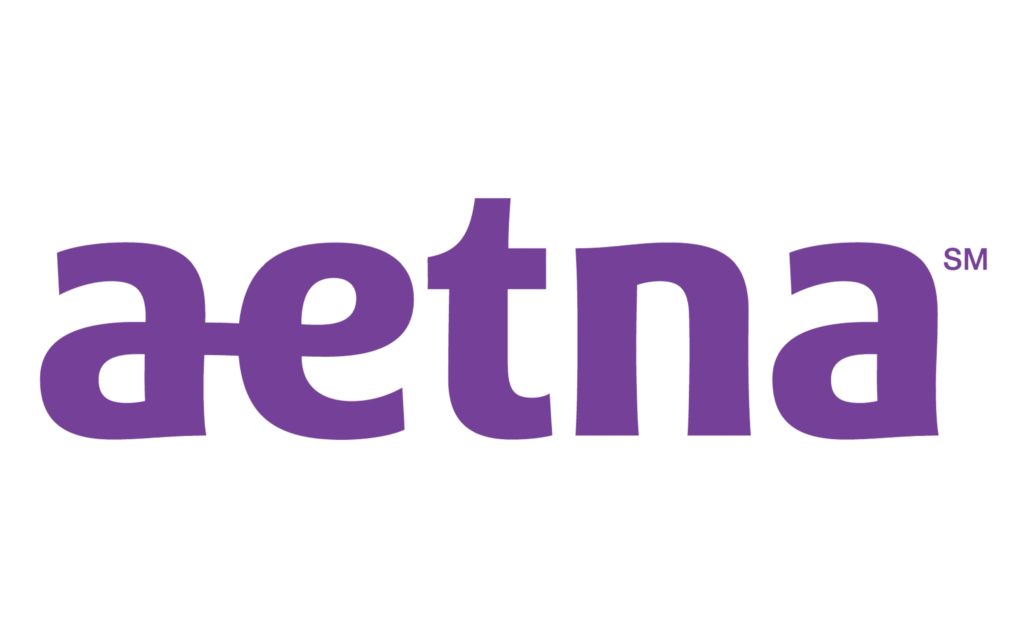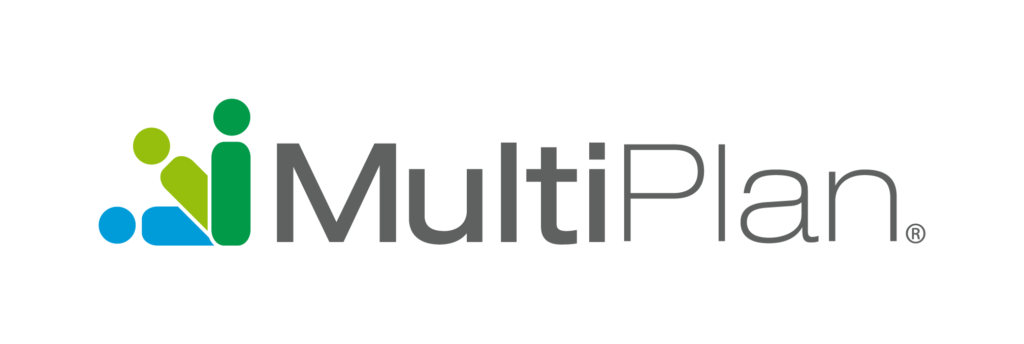Choosing Carolina Recovery Solutions
When it comes to seeking addiction treatment, choosing the right facility is a crucial step. Carolina Recovery Solutions offers a comprehensive approach to healing and recovery with its outpatient rehab in Asheville. This section will explore the location, facilities, and treatment approaches that make Carolina Recovery Solutions an excellent choice.
Location and Facilities
Asheville, located in the beautiful state of North Carolina, offers a serene and tranquil environment conducive to healing and recovery. The city’s natural beauty and vibrant community can aid in the recovery process, offering a peaceful setting away from the triggers and stressors of daily life.
Carolina Recovery Solutions operates in compliance with the certification requirements outlined by the N.C. Division of Health Service Regulation. This ensures that all patients receive the highest quality of care in a safe and supportive environment that meets all Medicare requirements.
The facility boasts a comfortable and inviting environment, which is designed to foster a sense of community among patients and staff. The treatment spaces are equipped with the necessary amenities to facilitate effective therapy sessions, while the outdoor spaces offer a calming respite, ideal for reflection and relaxation.
Treatment Approaches
At Carolina Recovery Solutions, the treatment approach is holistic and patient-centered. Understanding that each individual’s journey to recovery is unique, the team develops personalized treatment plans that address the physical, psychological, and social aspects of addiction.
The treatment approaches incorporate a blend of evidence-based therapies such as cognitive-behavioral therapy (CBT), dialectical behavior therapy (DBT), and motivational interviewing. Additionally, experiential therapies like art therapy, music therapy, and adventure therapy are also integrated into the treatment, providing a well-rounded approach to recovery.
Furthermore, Carolina Recovery Solutions recognizes the importance of family involvement in the recovery process. Therefore, family therapy sessions are offered to provide education, support, and healing for the entire family unit.
By opting for outpatient rehab in Asheville at Carolina Recovery Solutions, individuals gain access to a broad spectrum of therapeutic services delivered by a team of dedicated professionals. This comprehensive approach to addiction treatment aims to equip individuals with the skills and strategies necessary to achieve long-term recovery and lead fulfilling lives.
Outpatient vs. Inpatient Rehab
Choosing the right rehab program is a crucial step in the recovery journey. This involves understanding the differences between outpatient and inpatient rehab programs. Both have unique structures, costs, and success rates.
Program Structures
Inpatient rehab requires individuals to stay in a facility for therapy and care. The duration can vary from a few days to over a month, depending on individual needs. Inpatient facilities provide comprehensive care through a multidisciplinary team of professionals, including physicians, nurses, therapists, nutritionists, social workers, and more. Patients receive a minimum of three hours of therapy per day and have access to in-house rehab equipment and facilities. They also receive 24-hour medical monitoring and care, along with meals and personal care. This type of rehab is recommended for serious injuries, joint replacements, complex orthopedic surgeries, cardiovascular events (such as heart attacks or strokes), and chronic health conditions that may complicate recovery. It provides intensive therapy, close medical monitoring, and comprehensive care to ensure safe and successful recovery (Rehab Select).
On the other hand, outpatient rehab involves regular visits to a clinic or private therapy practice for treatment. These programs typically involve appointments one to five days per week, with sessions lasting 30 minutes to an hour. They are generally less restrictive and offer two different levels of care: partial hospitalization and intensive outpatient. Partial hospitalization programs usually last for 5-6 hours per day for 5-6 days a week, while intensive outpatient programming involves 3 hours of treatment per day for 3-5 days a week. Outpatient treatment can be a helpful option for individuals with a mild substance use disorder or can be part of a long-term treatment program lasting 3 to 6 months, but may extend well over a year for more severe cases. Outpatient detox programs are available for patients with mild to moderate substance withdrawal symptoms and are a safe, effective, and flexible alternative to residential detox (Addiction Center).
Cost Comparison
Inpatient treatment programs typically cost more than outpatient treatment programs. This is largely due to the 24/7 medical care and psychotherapy available to patients in residential rehab. However, the cost difference should not be the sole determinant for choosing the best treatment route. It’s important to consider the level of care and intensity of treatment that is most appropriate for the individual’s condition and recovery needs (Addiction Center).
Success Rates & Statistics
Success rates and statistics can provide insight into the effectiveness of rehab programs. About 20-30% of drug addicts fully quit after a rehab program, while others significantly reduce drug usage (Gitnux). Alcohol and drug treatment programs report a success rate of 60%. It’s important to note that relapse rates for drug and alcohol use are estimated at 40-60% of individuals relapsing while in recovery, which is similar to relapse rates in other chronic diseases like hypertension and diabetes.
In conclusion, both outpatient and inpatient rehab have their benefits and drawbacks. The right choice depends on the individual’s unique needs, circumstances, and recovery goals. Regardless of the treatment program chosen, commitment, support, and a positive mindset play a crucial role in the success of the recovery journey.
Outpatient Rehab in Asheville
When it comes to seeking addiction treatment services, Asheville, North Carolina stands out with a variety of highly-rated outpatient rehab programs. These programs aim to provide individuals with the necessary support and treatment modalities while allowing them to maintain their daily activities.
Treatment Centers Overview
There are several treatment centers in Asheville that offer outpatient rehab programs. Among these are the Asheville Comprehensive Treatment Center, Oasis Recovery Center, Red Oak Recovery, and Southeastern Recovery Center, each with its unique services and amenities for recovery. These centers are equipped with certified professionals who are dedicated to helping individuals overcome their struggles with addiction. They offer a range of services, including medically assisted detox and various therapeutic approaches tailored to the needs of each individual.
Program Offerings
Outpatient rehab programs in Asheville offer two levels of care: partial hospitalization and intensive outpatient programs.
- Partial Hospitalization Programs (PHPs): These programs typically run for 5-6 hours daily, for 5-6 days a week. They are designed for individuals who require a structured treatment program but do not require 24-hour supervision.
- Intensive Outpatient Programs (IOPs): These programs involve 3 hours of treatment per day, for 3-5 days a week. They are ideal for individuals who need comprehensive treatment but also have work, school, or family obligations.
Cost Variations
The cost of outpatient rehab programs in Asheville can vary significantly, ranging from $1,000 to $69,000 depending on the center and the services provided (Recovery.com). It is important to check with each center about their pricing and payment options. Many centers accept insurance, and some may offer payment plans or sliding scale fees based on income.
| Treatment Center | Average Cost Range |
|---|---|
| Asheville Comprehensive Treatment Center | $1,000 – $15,000 |
| Oasis Recovery Center | $5,000 – $30,000 |
| Red Oak Recovery | $20,000 – $69,000 |
| Southeastern Recovery Center | $2,000 – $10,000 |
With a variety of options available, individuals seeking outpatient rehab in Asheville can find a program that suits their needs and budget. By considering factors such as program offerings, cost, and the expertise of the treatment team, individuals can make an informed decision about their path to recovery.
Benefits of Outpatient Rehab
Outpatient rehab, such as the programs offered by Carolina Recovery Solutions in Asheville, offers several advantages over inpatient treatment. This type of rehab is generally considered to be less restrictive, more accommodating to everyday life, and more affordable. Let’s delve into the benefits of outpatient rehab.
Flexibility and Independence
One of the primary benefits of outpatient rehab is the flexibility it offers. With outpatient treatment, individuals can continue their daily activities, including work or school, while receiving treatment. According to the Addiction Center, outpatient treatment offers two different levels of care: partial hospitalization and intensive outpatient. Partial hospitalization programs are generally 5-6 hours per day for 5-6 days a week, while intensive outpatient programming involves 3 hours of treatment per day for 3-5 days a week.
This flexibility allows individuals to maintain their independence and continue their regular routines while receiving the care they need. This can be particularly beneficial for individuals who have responsibilities that they cannot neglect, such as work or family commitments.
Social Support
Another crucial benefit of outpatient rehab in Asheville is the social support it provides. As per the Addiction Center, outpatient treatment allows individuals to remain at home or in a sober living home connected to the treatment program. This allows them to maintain their relationships with family and friends, which can be a vital source of support during recovery.
Outpatient treatment centers often conduct intensive outpatient programs at night or in the early morning to accommodate individuals’ normal schedules outside of treatment. This ensures that individuals can continue their regular life and still receive the care and support they need.







